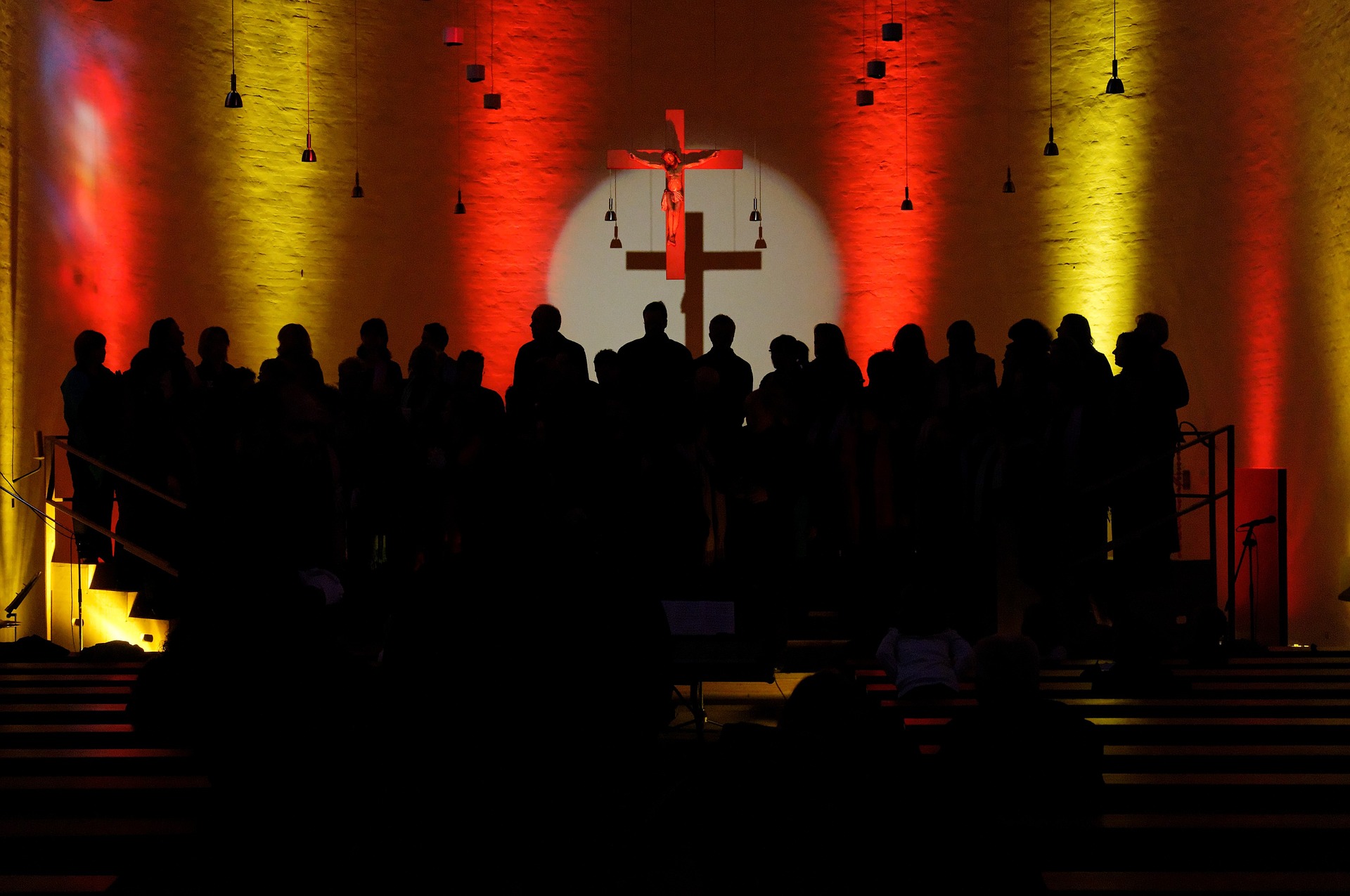Today I received a response to a tweet, a snippet of a review of my Christian novel Leaving Darkness – “This is a very nice book of Christian fiction.” The response: “Christian Bible = fiction.” 
My first reaction was “is that really necessary” but then I realized the opportunity to discuss something I’ve been wanting to address for some time.
I have found that many non-believers require evidence of the truth of the Bible first if they will accept it as God’s word. I get that. I’m a science nerd, grew up big on astronomy, and hold a BS in Mechanical Engineering and a MS in Information Systems Project Management. Postulate theory, then prove said theory to establish fact – the scientific method.
Some may argue that the Bible has passed analysis in many disciplines. A few examples off the top of my head include the discovery of archaeological finds in the Middle East, the Shroud of Turin, the Crown of Thorns (recently in the news because of the Notre Dame fire). Others may argue the opposite – the archaeological findings only show that historically there may have been a man named Jesus of Nazareth, the Shroud of Turin has been carbon-dated to the middle ages, the Crown of Thorns came out of nowhere hundreds of years after the Crucifixion – valid, well-thought out arguments to disprove the Bible.
Here’s the issue as I see it though – you cannot, and will never find conclusive proof if you begin on the foundation of “prove it to me.” From John 20:29: “29 Then Jesus told him, “Because you have seen me, you have believed;blessed are those who have not seen and yet have believed.” Yes, John goes on to note that Jesus performed many other miracles as “proof”: “30 Jesus performed many other signs in the presence of his disciples, which are not recorded in this book. 31 But these are written that you may believe that Jesus is the Messiah, the Son of God, and that by believing you may have life in his name.” However, that returns to the circular argument that if you do not believe the Bible is truth, then you won’t believe what John wrote about those signs Jesus performed as proof.
The bottom line as I see it: you first need faith, then you shall find proof, not the other way around. If you begin to read the Bible to find proof first, you won’t. But if you approach the Bible with an open mind and heart that the truth may lay within, you will. For me, as I’ve grown in faith, I see tangible proof of the truth of the Bible daily.
Now, I’m not going to profess I understand all of the Bible – I don’t. Jonah in the belly of the whale? Hard to swallow (pun intended). Talking donkey? Pretty difficult to accept based on scientific knowledge alone. That’s where faith helps to augment – not replace – lack of understanding. An interesting observation though is the stronger my faith becomes, the more I see the proof that skeptics seek but cannot see.
I respect and understand the view of the responder to my tweet and appreciate the opportunity to expand on my faith. I also welcome respectful responses to this post. What do you think? Does beginning with a walk of faith and an open heart lead to conviction of biblical truths, or does the The Christian Bible = fiction?
NIV Bible quotes from https://www.biblegateway.com/
Photo by Aaron Burden on Unsplash




 “normal” singing weekend. Add that my wife and I live 45 minutes from the church, and it should be plain to see that serving in the choir is a significant commitment.
“normal” singing weekend. Add that my wife and I live 45 minutes from the church, and it should be plain to see that serving in the choir is a significant commitment.
